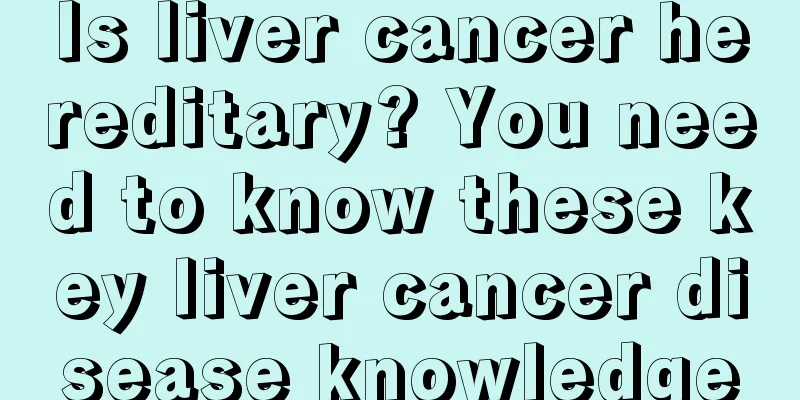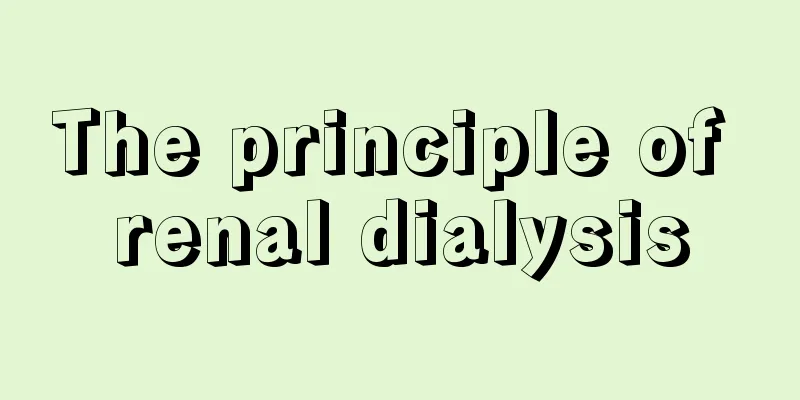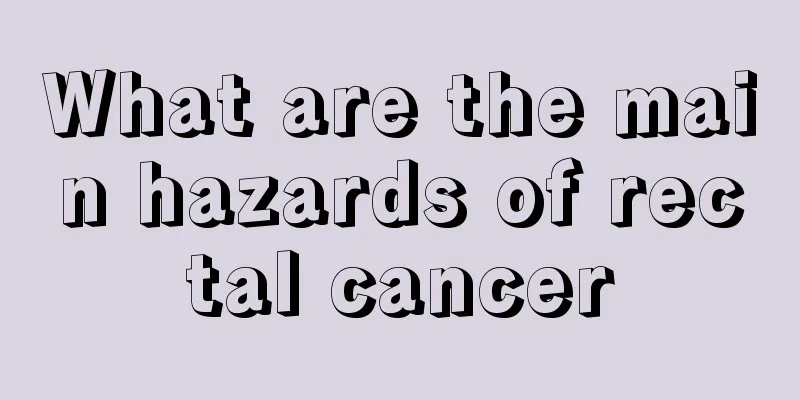The best treatment for pneumothorax

|
People may not be very familiar with the disease of pneumothorax. This disease is not very common around us. Acute attacks cause breathing difficulties and sometimes are life-threatening. This disease mostly occurs in young and middle-aged people, mainly caused by rupture of the lung cannon, which allows the gas in the lungs to enter the chest cavity and cause a series of symptoms. Chest pain is the most common symptom of pneumothorax. Let us now take a closer look at the treatments for pneumothorax. Closed pneumothorax: The treatment plan depends on the amount of pneumothorax, the degree of lung collapse, the severity of dyspnea, and the presence or absence of associated injuries. If the accumulated gas is small and the symptoms are not obvious, and the pneumothorax causes less than 25% lung shrinkage, you can generally wait for the air to be absorbed on its own. Except for letting the patient rest in bed and continue to be observed, no special treatment is required. The gas is gradually absorbed, the collapsed lung will expand, and the pressure in the pleural cavity will gradually return to normal. Special attention should be paid to moderate and large closed pneumothorax, and the occurrence of tension pneumothorax should be noticed at all times, especially in the elderly. There are different opinions as to whether such patients should be treated with thoracentesis or closed chest drainage. Open pneumothorax: Open pneumothorax is generally a serious condition and requires emergency treatment. First, seal the wound with sterile vaseline gauze and cotton pad, convert the open pneumothorax into a closed pneumothorax, and then treat the closed pneumothorax in sequence: pleural puncture or placement of closed drainage. At the same time, give oxygen, fluid replacement, blood transfusion, and correct shock. After the patient's general condition stabilizes, perform thorough debridement and suturing, and perform intrathoracic exploration if necessary. Encourage or assist the patient to expectorate. Use antibiotics to prevent infection. Tension pneumothorax: Tension pneumothorax can be life-threatening if not treated immediately. Pre-hospital or in-hospital emergency treatment requires rapid use of a rented needle to puncture the pleural cavity for decompression, and an external one-way valve device; in an emergency, a soft plastic bag, balloon or condom with a small hole cut on the needle handle can be connected to the outside of the needle handle to facilitate the discharge of high-pressure gas in the chest cavity while preventing outside air from entering the chest cavity. Further treatment should include placement of closed chest drainage and use of antibiotics to prevent infection. The exhaust hole of the closed drainage device communicates with the outside world and is connected to a suction device that can appropriately adjust the constant negative pressure to help speed up the removal of gas and promote lung expansion. The intubation can be removed only after the air leak stops for 24 hours and X-ray examination confirms that the lungs have expanded. If air leaks persist and the lungs are difficult to inflate, exploratory thoracotomy should be considered. |
<<: Four major symptoms of pneumothorax
>>: The most common symptoms of spontaneous pneumothorax
Recommend
What will happen if you have bone cancer and do a lot of exercise?
Bone cancer is a particularly serious cancer. Thi...
Apply vitamin E on lips
Vitamin E is a relatively common vitamin that has...
Early symptoms and signs of breast cancer
Early symptoms of breast cancer include breast lu...
What causes prostate cancer
Prostate cancer is a very common disease among ma...
Is liquid acid harmful to human skin?
Sulfuric acid is a relatively common acid, which ...
Can tongue cancer be treated without surgery?
Many people who have tongue cancer do not want to...
Knowledge and understanding of the treatment principles of cardiac cancer
As the name implies, cardia cancer is also a type...
What causes belly button bleeding and how to treat it
If there is bleeding in the belly button, it is u...
Is drinking tea beneficial for kidney deficiency
People with kidney deficiency generally look list...
Is it harmful to eat too much vermicelli
Vermicelli is a very common ingredient on family ...
Five major factors that induce colorectal cancer
Although the exact cause of colorectal cancer is ...
How to quickly remove blisters on lips
Most people will experience blisters on their mou...
What foods can prevent liver cancer? Eat 3 bamboo shoots and 3 fruits to prevent liver cancer
Eating too much ginger increases the risk of live...
Deep second degree burn recovery process
The symptom of deep second-degree burns is a more...
Do decayed teeth have to be extracted?
Most people have some dental diseases. Even if th...









